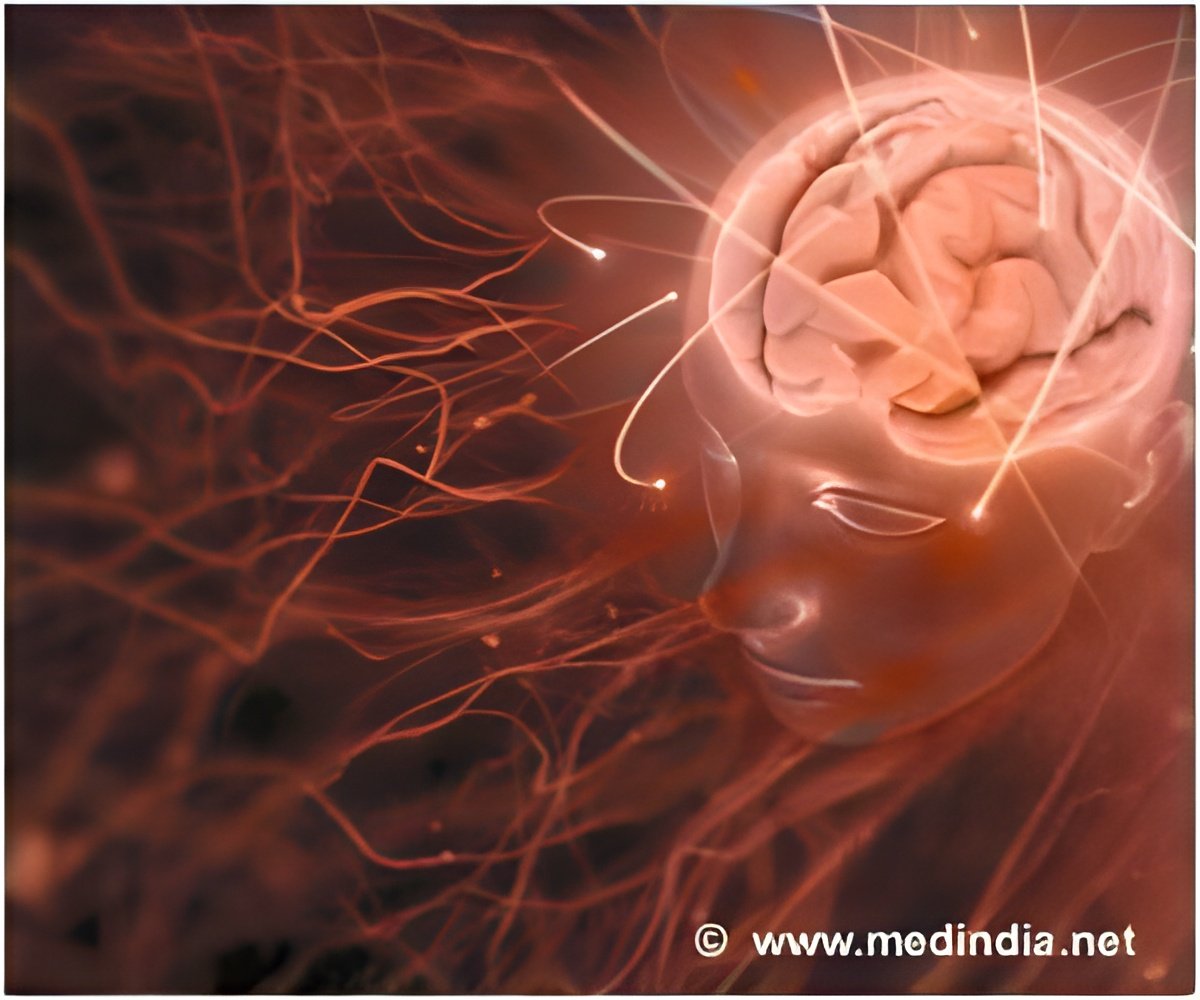
‘There is no objective test for Parkinson's disease, which makes it difficult to diagnose the disease. Researchers have now developed a new tool to help in the diagnosis and treatment of Parkinson's disease, especially in its early stages.’
Tweet it Now
A group of researchers working under the umbrella of the International Parkinson and Movement Disorder Society (MDS), have developed a new tool for healthcare professionals that will help in the diagnosis and treatment of Parkinson's disease, especially in its early stages. The results of their study could also have a major impact on the quality of research on Parkinson's disease. Dr. Ron Postuma, co-Chair of the MDS task force, who is also a researcher in neurosciences at the Research Institute of the McGill University Health Center and at The Neuro, and associate professor in the Department of Neurology and Neurosurgery at McGill University, said, "In light of the latest scientific insights and technological advances, we were able to establish a new list of criteria based on expert clinical diagnosis. Our aim was to create a benchmark that will systematize the diagnostic process, make it reproducible across centers and that will enable a wider range of non PD-specialized clinicians to provide patients with an accurate diagnosis."
Dr. Daniela Berg, Chair of the MDS task force, said, "These criteria accent how Parkinson's disease is much more than a simple motor disorder, now incorporating motor and non-motor symptoms as well as the genetic component in some forms of PD."
Dr. Postuma said, "The research team is proposing a new stage classification of the disorder with the aim of focusing attention on the early stages of PD. With this new classification our goal is to set up a research agenda that will help identify the features that signal the presence of the disease early on. Our hope is that, as research advances, our understanding of the mechanisms at play in the disorder will enable us to develop therapies and treatments that can be administered early in this process, eventually slowing or stopping the progression of PD altogether."
The study is published in the Movement Disorders.
Advertisement









